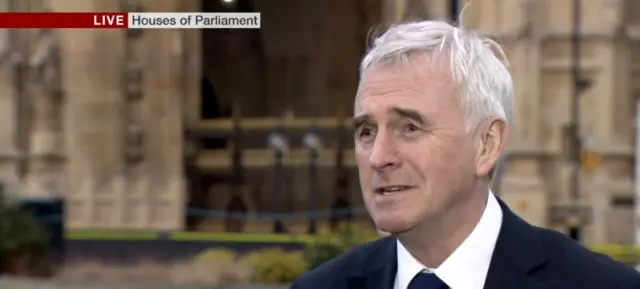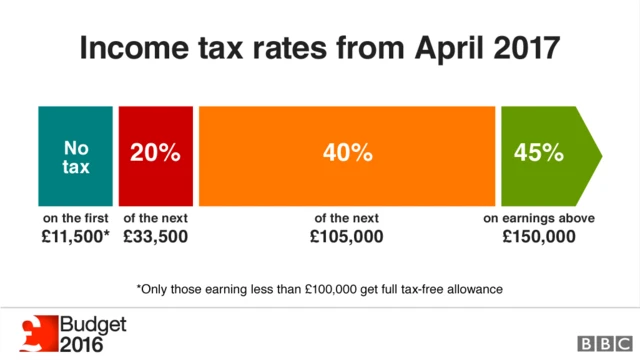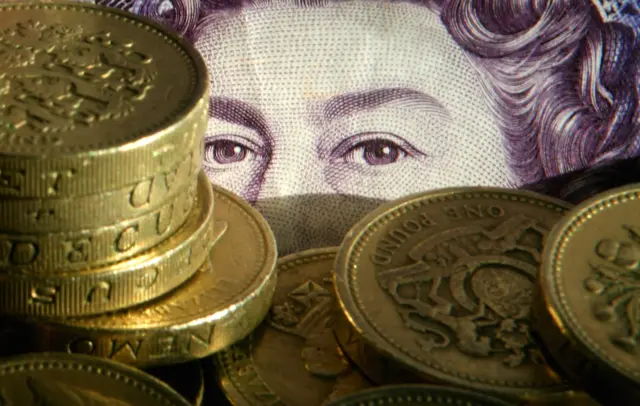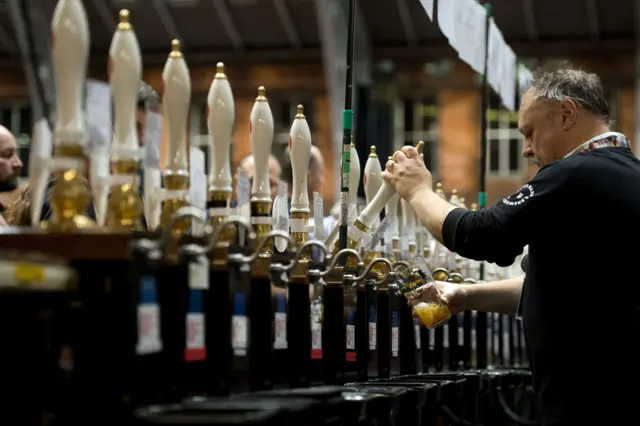Spending cuts 'the real Budget takeaways': EY Item Clubpublished at 17:19 GMT 16 March 2016
Quote MessageThe net effect of the Chancellor’s tax changes in GDP terms - excluding a major, but revenue-neutral, shifting of corporation tax payments - amounts to little more than a rounding error by the end of the decade. The real ‘takeaways’ of the Budget come via spending cuts. Another £3.5bn is taken off departmental spending in 2019-20 and public service pension contributions are set to increase due to a cut in the discount rate used to calculate payments. In addition, the Chancellor has brought forward capital spending from 2019-20, flattering borrowing in his target year for a budget surplus.”
Martin Beck, Senior economic adviser, EY Item Club








